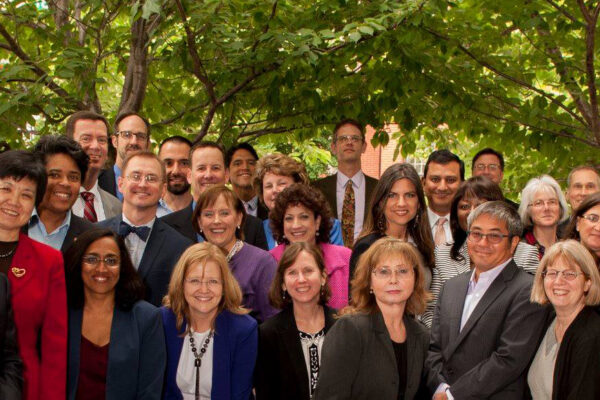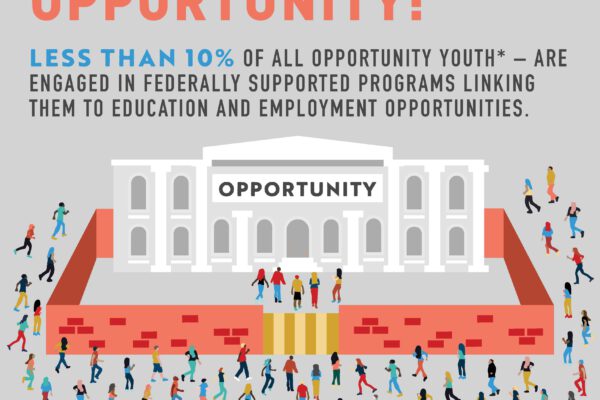The Second Chance College Program at the University of Baltimore (UB) provides access to higher education to incarcerated individuals at the Jessup Correctional Institution in Maryland, with the aim to reduce recidivism and improve outcomes for educational and employment success. Incarcerated students can pursue a bachelor of arts in human services administration, receiving instruction onsite from the same faculty who teach the courses on campus.
The program was created when UB was selected to participate in the Department of Education’s Second Chance Pell Grant Experimental Sites Initiative, a pilot program in 2015 expanding Pell Grants to prisoners for the first time since President Bill Clinton excluded them in 1994.

Andrea Cantora, now director of UB’s program, advocated for UB to join the initiative when it came out, according to an interview with Education Dive. She had done similar work through Temple University’s Inside-Out Prison Exchange Program, where incarcerated students attended classes with non-incarcerated students and learned side-by-side, but could not earn credit.
The focus on human services administration for UB’s program was determined based on a survey of prisoners who were taking noncredit courses. When asked what career path they would be interested in once they got out, the majority indicated they wanted to work in the community, work with at-risk youth, or work with violence prevention programs and nonprofits. A degree in human services administration would provide them with the skills to do just that.
The initiative was originally intended to be a three- to five-year experiment. While it is currently in its fourth year, Cantora expressed uncertainty over what end date the Department of Education would set. She hopes that the Pell Grant ban for incarcerated students will one day be lifted fully. The Restoring Education and Learning Act, introduced by Sens. Brian Schatz (D-HI), Mike Lee (R-UT), and Dick Durbin (D-IL) in April 2019, aims to do just that. ACE was among the many higher education stakeholders that endorsed the bill.
For more on how a chance at higher education can be transformative for formerly incarcerated individuals, check out the “Real Students, Real Change” panel from ACE 2019, ACE’s Annual 101st Meeting, on YouTube.
—Carly O’Connell
At a Glance
Member Institution: University of Baltimore
Initiative: Second Chance College Program
Goal: Provide post-secondary education to incarcerated students prior to release, therefore reducing likelihood of recidivism, and improving outcomes for educational and employment success
Become a member: As a member of ACE, you join more than 1,700 organizations that collectively promote, protect and advocate for students, faculty and administrators in higher education. ACE is the most visible and influential higher education association in the nation, and we are at the center of federal policy debates concerning legislation that affects campuses across the country. See more on the ACE website.
If you have any questions or comments about this blog post, please contact us.


